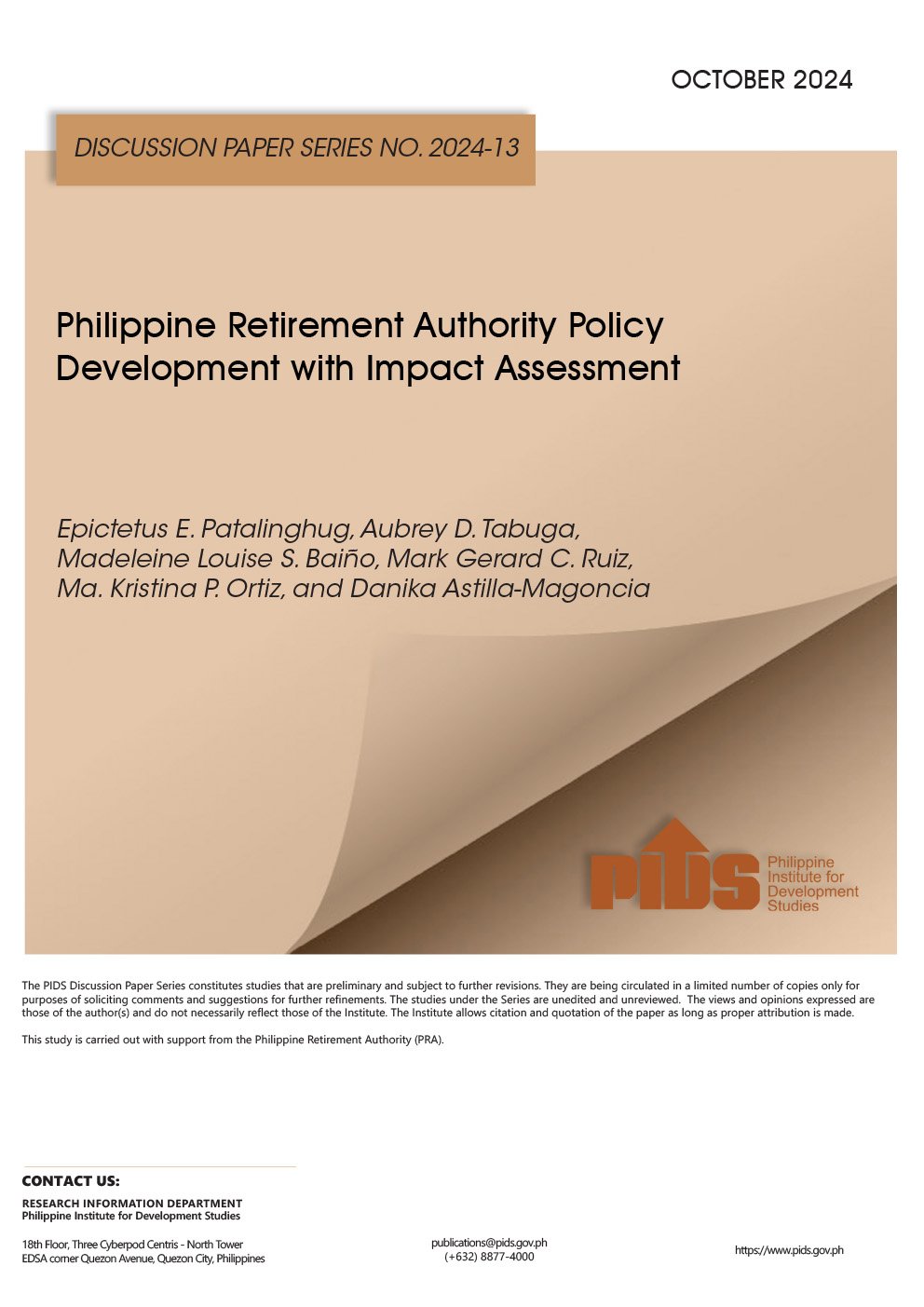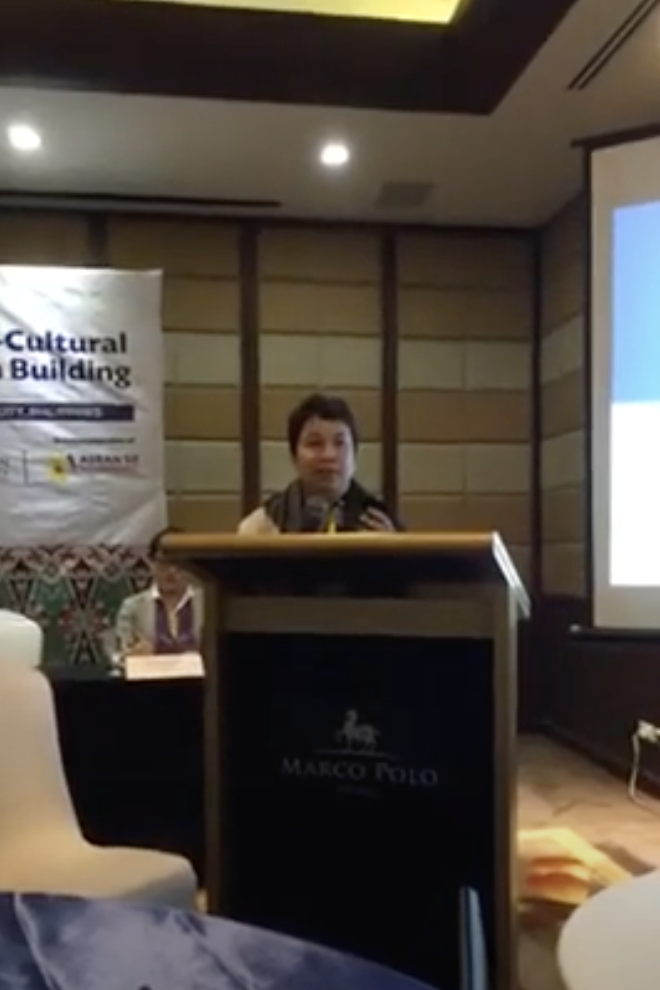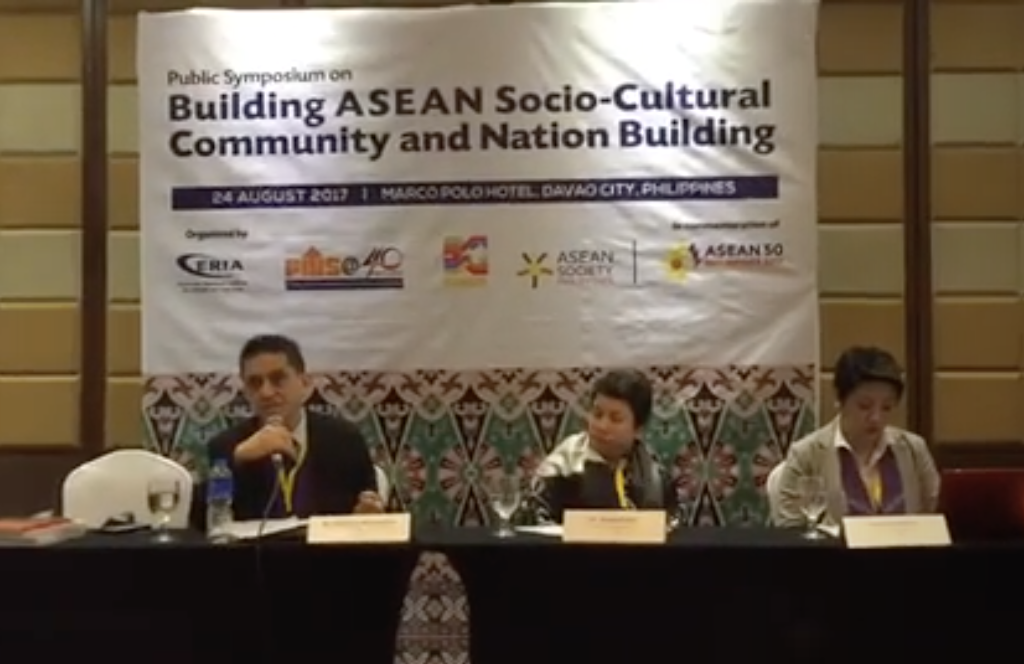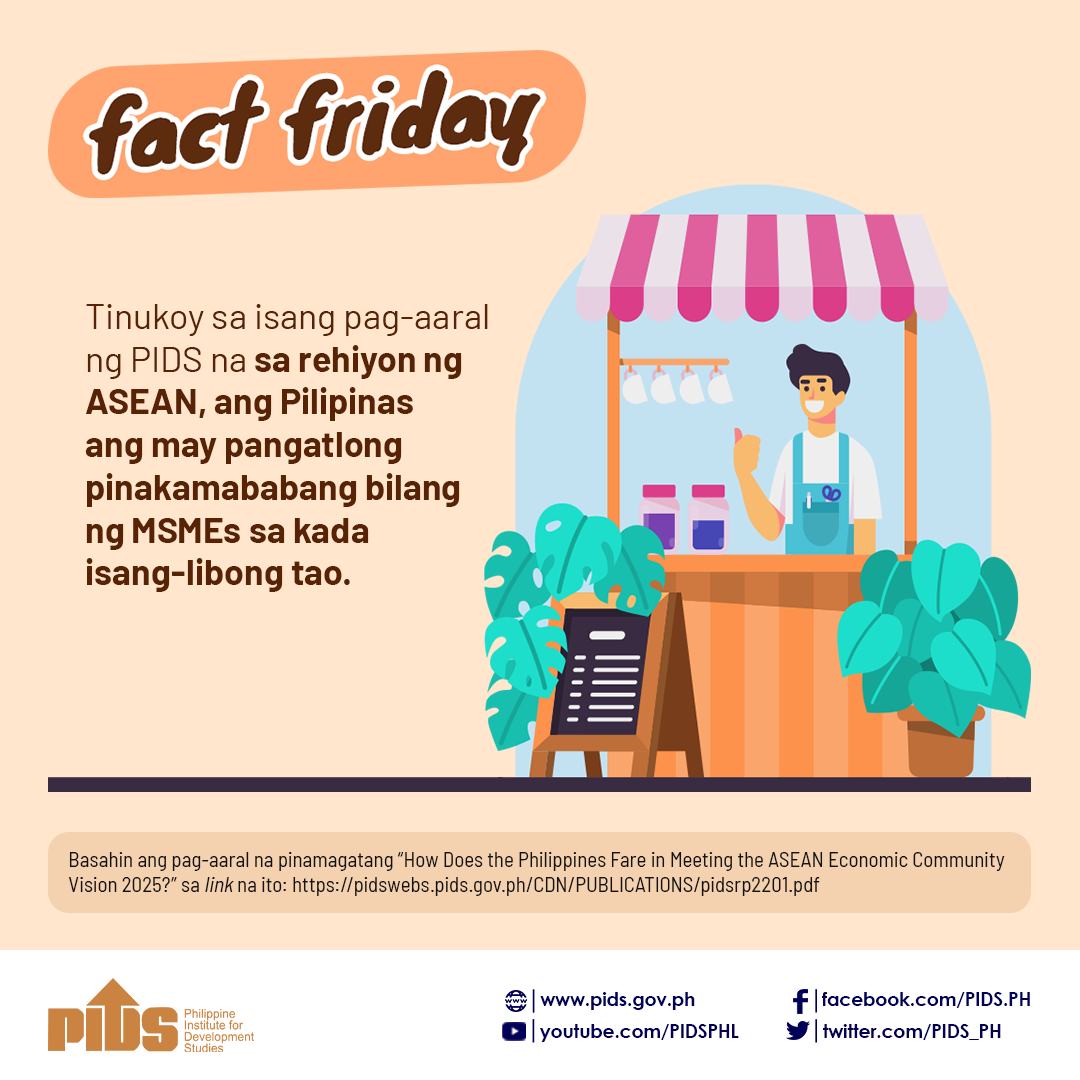A good example of complementarity in the battle against armed rebels is the steadfast refusal of business to submit to demands for revolutionary tax of communist guerrillas while the military assures visibility in areas where businesses are likely to be harassed by New People’s Army (NPA) rebels. President Duterte has made the halt in the lucrative extortion scam called revolutionary tax as a condition for the resumption of peace negotiations with the communist groups. Rody’s demand to the Communist Party of the Philippines - New People’s Army - National Democratic Front (CPP-NPA-NDF) has long been issued at the start of the peace process but which the rebels seem to have a tough time complying with.
Among the biggest targets of the rebels are the many cell sites of telecommunications firms, which are costly equipment and are easy picking for extortion particularly those found in remote areas.
Globe Telecom since 2002 has suffered a total of 89 hits on their cell sites which are crucial for communications particularly for Internet use. For the past years, the telecom giant’s facilities, 23 in Region 5 (Bicol), 19 in Region 11 (Davao), and 13 in Region 3 (Central Luzon), were targeted since Globe Telecom and its foreign partner Singapore Telecom adamantly rejected the NPA extortion operations.
The three regions accounted for 62 percent of all tower attacks in the country which made the presence of the Philippine Army in the identified provinces a major contributor to the reduction of the rebel attacks.
The military also was able to devote attention to the rebel threats after the liberation of Marawi City from Islamic State (IS) sympathizers and the depletion of the communist rebels in other areas of the country.
Businesses also have a crucial role in winning the hearts of residents where they operate through corporate social responsibility (CSR) programs and localized hiring of personnel, mostly recommended by barangay officials. The Philippine Army has commended Globe Telecom, for instance, for having an effective corporate programs in NPA-infested areas which make it easier for the government forces to maintain order.
Based on a study of state think-tank Philippine Institute of Development Studies (PIDS), in the Bicol provinces, the NPA’s going rate was P50,000 to P200,000 as annual tax per cell site and as much as P500,000 as protection money for a newly set up cell site. Army reports showed that cell sites attacks that happened last year included two burned in Compostela Valley and one in Catanuan, Quezon.
The resumption of peace negotiations should also involve inputs from the private sector whose businesses are held hostage by the communist rebels in their supposed campaign to promote the welfare of Filipino masses. The NPA agreeing to halt the collection of revolutionary should be a measure of its sincerity in the negotiating table as what Rody has been advocating in the demand he gave for the resumption of negotiations.
The attacks on businesses and government projects are perceived to be the NPA’s version of a show of force since it happens whenever there is a Red letter day such as the recent attack on a Davao City project which happened near the anniversary of the armed movement. During the NPA raid, 10 heavy equipment were burned in Barangay Farima in Paquibato District, Dalagdag, Calinan District and Barangay Callaw, Buhangin District. The military in turn said coordination between contractors and business owners will go a long way in efficiently patrolling areas with NPA presence. It is always a community or team effort that is the most effective deterrent to atrocities or even terrorist acts.










